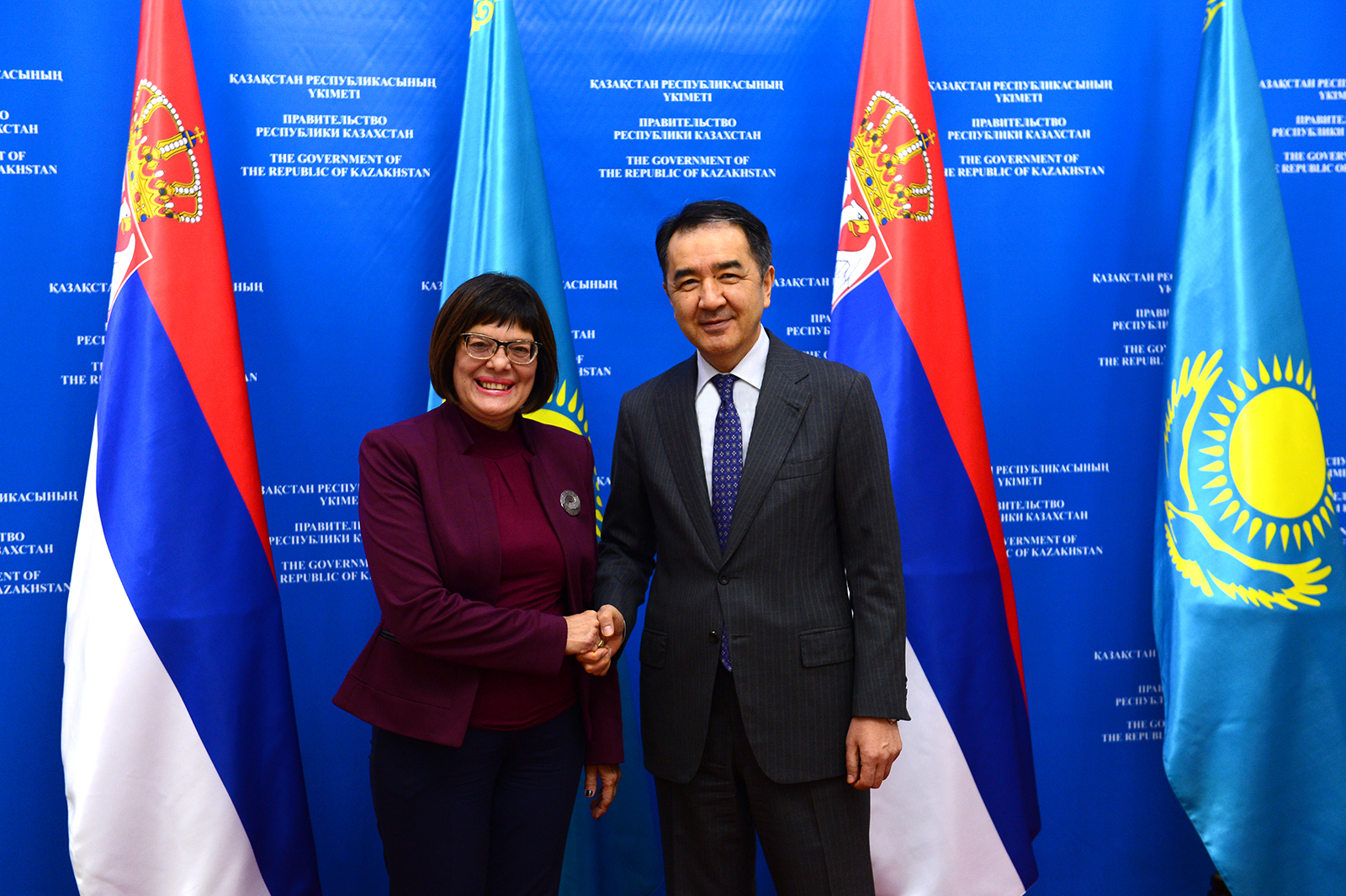In the past two years, Diplomacy&Commerce magazine has given to its readers abundance of news from politics, business and culture, has reported on the opinions of relevant stakeholders both from Serbia and abroad, covering all segments of life, and opened up topics that were not written or talked about enough. With its latest issue, Diplomacy&Commerce is celebrating its second anniversary in Serbia. We are very proud of the fact that, in two years and 24 issues, we have managed to interview the leaders of the Serbian political, business and diplomatic community, as well as the renowned regional and the global public figures. In these past 24 issues, we have also published special supplements dedicated to overall relations between Serbia and European and world countries.

We have asked Serbian officials – Serbian PM, government ministers, ambassadors and representatives of business associations in Serbia – to give us their opinions about the most important changes that Serbia should make in order to become an EU member, and about the investment climate in the West Balkan region.
1. What do you think are essentially the most important changes that Serbia should make in order to be ready for EU membership by 2025?
2. Do Serbia and the Western Balkans have enough capacity to attract large multi-nation companies to their markets?
-
EU membership is a priority for Serbia, and the European integration process is significant both for Serbia and the region, as well as for the EU itself. There are difficult tasks ahead of us, and the fact that 2025 is mentioned as the year of accession is a validation of the success achieved in the previous period, and a significant incentive to continue even faster with the reforms. We have great expectations from Bulgaria’s presidency over the Council of the EU in the first half of 2018, since EU enlargement is the top priority for Bulgaria. The National Parliament plays a significant role in the process of harmonization of our legislation with the European Acquis, and in the segment of the adoption of the reform regulations. Also, the National Parliament’s committees are involved in the process of monitoring the negotiations while our Members are closely cooperating with the members of the European Parliament through the Parliamentary Stabilization and Association Committee.
2. Serbia has demonstrated that it is committed to implementing structural reforms, and that, in a short period of time, has managed to sort out its public finances and achieve economic growth. These results are the most noticeable in the 2018 budget which proves that Serbia has overcome the deficit, that the public debt has been on the downward trend, and that we have managed to increase wages and pensions in the civil sector, as well as public investments. A number of laws have been adopted to improve the business environment. Another commendable fact is that, out of the all regional countries, Serbia has received the biggest FDIs, which just goes to show that our country can attract large companies. Nevertheless, through the formation of a common market, the Western Balkan region would be a far more interesting destination for investors, which is why President Aleksandar Vucic’s vision for one regional economic zone is extremely important.